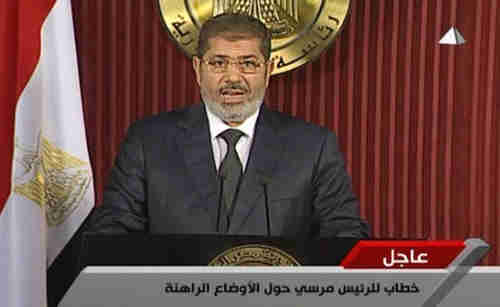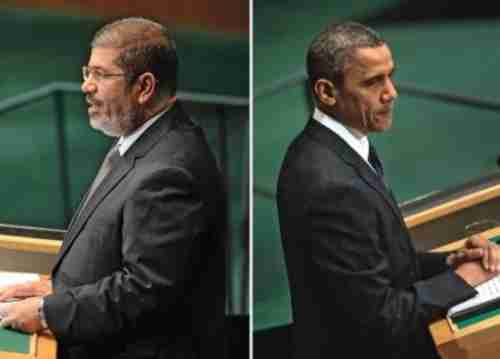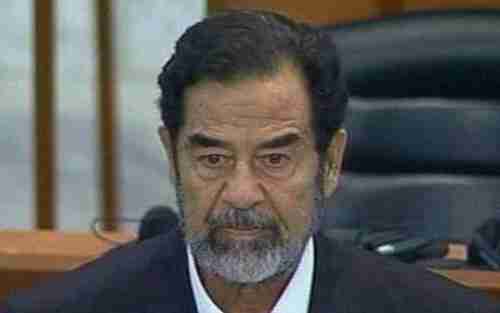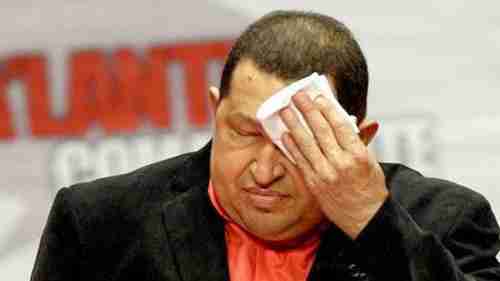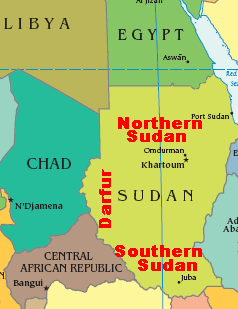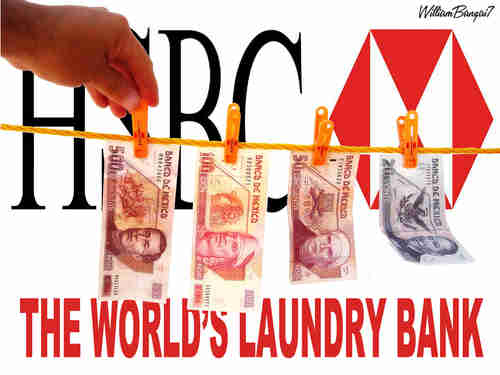"To be perfectly honest, there are some deals that are
done, but as usual, there are things left undecided. They're
going to have to come back to Greece, they're going to have to
come back to banking union in the new year, and to be honest, the
most pressing issues in both places have not been dealt with.
On the Greece side of things - look they still haven't gotten
Greece's debt level back to a sustainable level, a level where
Greece can sustain itself. They postponed a huge chunk of that
debt relief -- they're going to decide it next year, in some cases
in 2014 because they didn't want to take the hard decision, of
whether they're going to take haircuts on their own bailout loans,
so real tough decisions postponed again on Greece.
And on banking union, yes, there was a major decision to set up a
single supervisor. The problem is that's the easy part of this
new banking union. The hard part is -- who's going to pay for it?
If we're going to say that the euro zone is going to centralize
control over banks, what happens when you have to bailout the
Spanish banks again? Who pays for that?
And what is very clear from the words of both [German Chancellor]
Angela Merkel and [German Finance Minister] Wolfgang Schäuble
during the banking union debate -- they want to kick that can down
as far as they can. It was originally going to be some time next
year. It now looks like the middle of 2014.
That's a day that's way too late for some of these countries,
particularly Ireland. Ireland's supposed to come out of its
bailout program next year. It needs some certainty on what it's
going to be doing with its 60 billion euros in bank debt that was
supposed to be shifted away from the Irish sovereign and onto this
new banking union.
So these are decisions that people felt as recently as June needed
to be taken by the summit, by December. Clearly now the Germans,
the Dutch, the Finns, some of these others are pushing that not
into next year, but potentially into the year after that.
[Question: [France's president] François Hollande said the euro
crisis is behind us. You don't think he's right?]
His predecessor, Nicolas Sarkozy, almost said the exact same thing
a year ago today. If you remember, there was the ECB with its
bazooka, came out with something called the LTRO which is
basically cheap financing for Europe's banks. Everyone patted
themselves on the back, said this crisis is over.
It is remarkable now, after another ECB intervention, that the
French president is again patting himself on the back for
resolving the crisis. I mean, call me skeptical. I've been
covering this now for over two years. Every time the crisis is
determined to be done, and called "over," it rears its bloody/ugly
head again, and if you look at places like - not just Greece but
Spain, where the economy is really in a tailspin, their banking
sector's still in real trouble, their private ability to borrow in
the private sector - there's a real credit crunch there. The real
problem in Spain, a country that is much bigger than Ireland, than
Portugal, than Greece, that haven't been dealt with. Call me
skeptical. I've heard these declarations before, and I'm a
cynical reporter, I guess, but I just don't think this crisis is
done."


